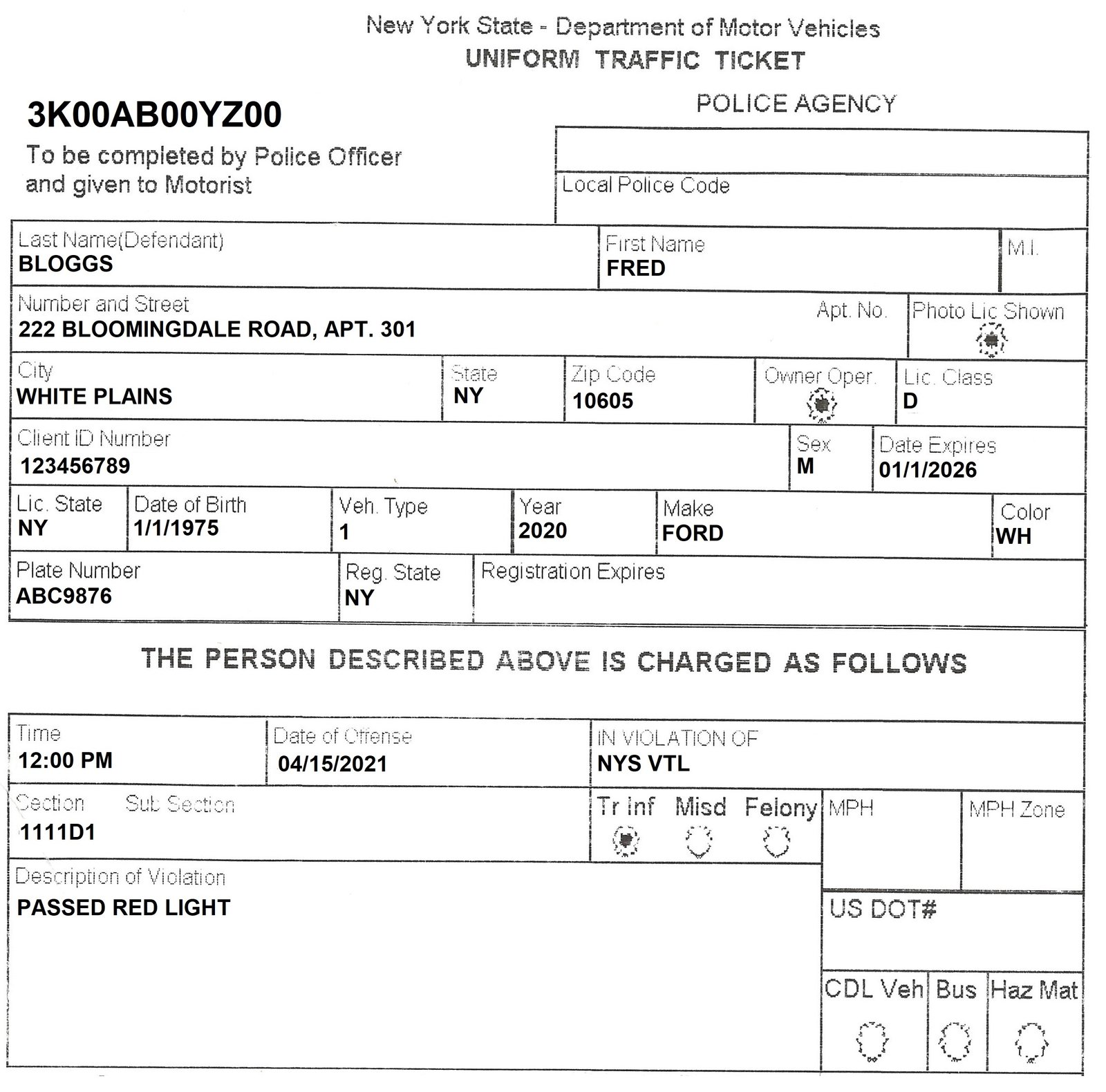Most drivers assume that once a police officer hands them a traffic ticket, the outcome is already decided. They think the only question is how quickly to pay the fine. In reality, traffic tickets are defensible, and many are reduced or dismissed every single day. The problem is that misinformation spreads quickly, and drivers who might have had a strong case often give up without exploring their options.
This page breaks down twenty of the most common myths people believe about traffic tickets and explains what drivers need to know before making a costly mistake.
Why Traffic Ticket Misconceptions Matter
A traffic ticket is not just about a fine. Even if the violation seems minor, the repercussions can follow you for years. These consequences can include:
- Higher monthly insurance premiums
- Points on your driving record
- Loss of license (especially for repeat offenses)
- Employment issues for commercial and professional drivers
- Impact on rideshare, delivery, CDL, or company vehicle eligibility
Because of these long-term effects, choosing whether to fight a ticket is an important decision—not something to rush through.
The Top 20 Myths About Fighting a Traffic Ticket
Myth #1: Paying the Fine Makes the Ticket “Go Away”
Paying the ticket is legally treated as admitting guilt. The fine may go away, but the points and insurance rate increases can remain for years.
Myth #2: If the Officer Doesn’t Show Up, the Case Is Automatically Dismissed
Some courts allow officers to submit written records or digital evidence, meaning cases can move forward even if the officer is not physically present.
Myth #3: Legal Representation Means I’m Guilty
Calling an attorney simply means you want fair treatment and a strong defense. It is a smart, proactive decision—not an admission.
Myth #4: Fighting a Ticket Always Costs More Than Paying It
When you factor in insurance hikes and license consequences, paying the fine is often the more expensive route.
Myth #5: Radar and Laser Readings Cannot Be Challenged
Speed detection tools must be properly calibrated and operated. If proper protocols are not followed, the reading may not be reliable.
Myth #6: A Ticket in Another State Does Not Affect My Record
Most states share driving records. What happens on vacation rarely stays on vacation when it comes to traffic law.
Myth #7: A Misspelled Name or Small Error Makes the Ticket Void
Courts generally overlook minor clerical mistakes. Only errors that impact the legal validity of the citation matter.
Myth #8: Camera Tickets Are Impossible to Fight
Automated systems must follow strict guidelines. When they fail to do so, tickets can be contested.
Myth #9: Judges Always Side With Law Enforcement
Courts make decisions based on law and evidence. A well-prepared defense can change the outcome dramatically.
Myth #10: Explaining “Why You Were Speeding” Is Enough to Win
Unless your explanation relates to a legally recognized defense (such as necessity or emergency), it may not influence the ruling.
Myth #11: Self-Representation Works Just as Well as Hiring a Lawyer
Traffic law involves procedures, technical rules, and negotiation strategies that lawyers are trained to use effectively.
Myth #12: If I Didn’t Know the Law, I Can’t Be Penalized
Unawareness is not considered a valid justification under traffic law.
Myth #13: Employer-Required Driving Is Not Affected by Tickets
Many professions rely on clean driving records. Points can jeopardize employment or lead to mandatory corrective training.
Myth #14: If the Officer Was Polite, I Shouldn’t Contest the Ticket
Respectful interactions do not determine whether a citation was legally appropriate.
Myth #15: Going to Court Guarantees a Better Result
Being present is not enough. Success depends on strategy, preparation, and legal arguments—not attendance alone.
Myth #16: “I’ll Just Ignore It and Handle It Later”
Ignoring a citation can result in license suspension, additional fines, or even a warrant.
Myth #17: Only Major Violations Are Worth Fighting
Even low-level violations can raise insurance costs for multiple years.
Myth #18: Dismissals Never Happen
Dismissals happen regularly when a defense is supported with evidence and legal reasoning.
Myth #19: It’s Too Late to Bring in a Lawyer
An attorney can often step in before, during, or after your scheduled court date, depending on the case.
Myth #20: Hiring a Lawyer Guarantees a Win
No attorney can guarantee results, but a lawyer dramatically increases your chances of a reduced penalty or dismissal.
When Should You Contact a Traffic Ticket Attorney?
The best time to reach out is as soon as the ticket is issued, before paying, responding, or setting a hearing. Early action allows your attorney to:
- Review traffic stop details
- Identify potential defenses
- Request officer notes or calibration records
- Speak with the prosecutor on your behalf
- Potentially resolve your case without you appearing in court
Questions to Ask a Traffic Ticket Lawyer
- How often do you handle traffic cases in this court?
- What defense strategies might apply to my situation?
- Is it possible you can appear in court instead of me?
- What outcomes have you secured in similar cases?
A reputable attorney will give clear expectations, not unrealistic promises.
How Our Firm Helps Drivers Protect Their Record
Our traffic ticket defense services include:
- Thorough evaluation of the citation and evidence
- Investigating officer training and device certifications
- Identifying procedural or constitutional issues
- Negotiating with prosecutors to reduce or remove penalties
- Representing clients in court hearings
In many cases, you will not need to appear in person—we can handle the legal process for you.
You do not have to simply accept the ticket and hope for the best. You have options—and we are here to help you understand them.
Contact our office today to speak with a traffic ticket defense attorney and learn what steps you can take to protect your license, your insurance rates, and your peace of mind.

